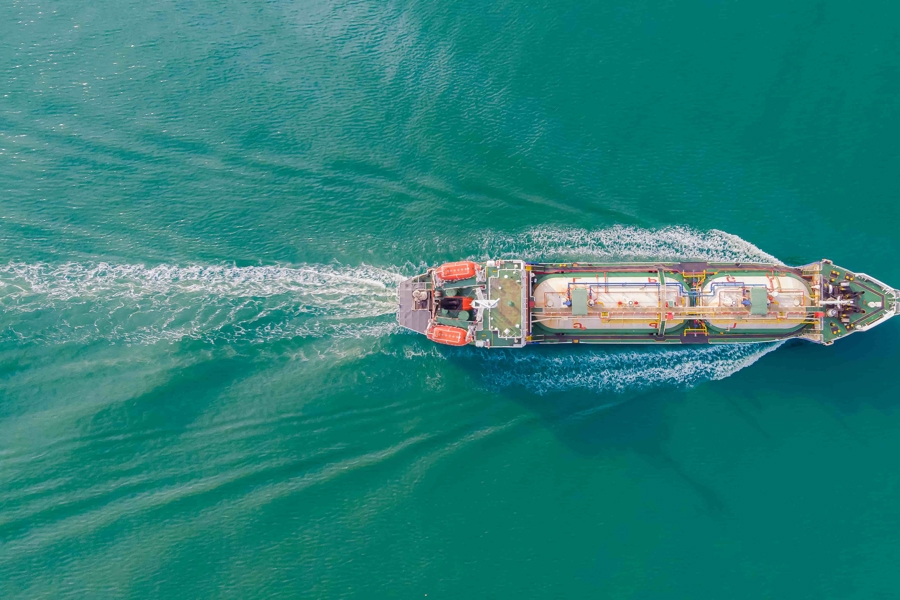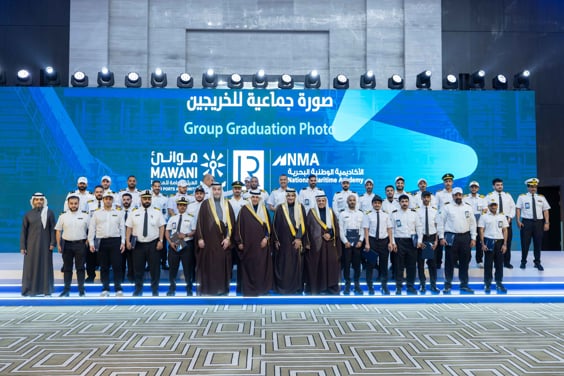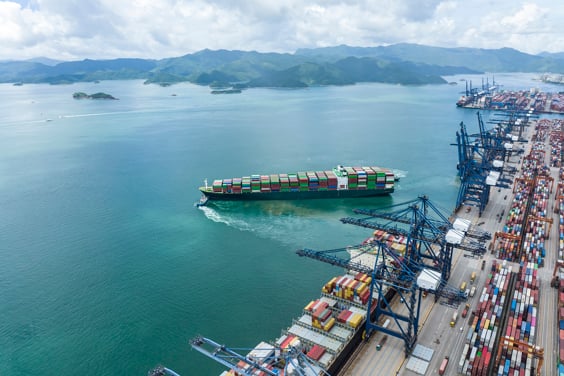
Life-Cycle Assessment (LCA) has become a critical tool for quantifying the environmental performance of vessels, shipyards, and operations, defining boundaries for Scope 1 (direct), Scope 2 (indirect), and Scope 3 (value chain) emissions. LR’s robust, data-driven methodologies establish baselines for develop effective emissions reduction roadmaps to ISO 14040/14044 standards and best practices.
By understanding emissions across the entire life cycle, LR provides a holistic view of your greenhouse gas (GHG) footprint, ensuring compliance with diverse global regulations. This comprehensive approach goes beyond operational emissions, encompassing raw material extraction, manufacturing, transportation, usage, and end-of-life disposal. This allows for targeted emissions reduction strategies and pinpointing critical areas for improvement.
LR's expertise supports adherence to key frameworks like the IMO’s GHG strategy, EU ETS, CSRD, and CII, while aligning with reporting mandates such as GRI and ISSB. This comprehensive understanding of your GHG footprint mitigates regulatory risks, unlocks innovation, optimises costs, and enhances sustainability performance, demonstrating your commitment to transparency and building trust with stakeholders.
Why LR
LR’s methodologies align to global standards, including IMO, EU MRV, GLEC, and ISCC, for credible and verifiable results. Using advanced modelling tools and industry databases, LR’s end-to-end support spans data collection and boundary setting to emissions reduction strategies and stakeholder reporting.
Examples of Work
LR was part of a joint development project with Korea Shipbuilding & Offshore Engineering (KSOE) and Knutsen to measure carbon emissions through the entire life cycle of a newbuild LNG Carrier (174 k CUM) built at HHI. The scope of the Lifecycle Assessment was cradle-to-grave, with assumptions made about the CO₂ emitted during operations and eventual recycling.
LR conducted a full cradle-to-grave LCA, including in-depth analysis of emissions from construction, operation, and end-of-life disposal, and for alternative fuels, comparing environmental impacts across production, transportation, and combustion phases. These assessments support clients choosing the most sustainable fuel pathways while ensuring compliance with international regulations and industry standards.
LR conducted an independent limited assurance verification of 2022 GHG data for a large oil and gas refinery in the middle east. The GHG figures were verified for a materiality threshold of 5%, the verification assessment as an evidence-based "interview / workshop style" review of emissions management procedures, calculations and supporting evidence provided by the client team.
The numbers and basis for calculations and methodology were verified against international standards such as ISO 14064-3. 2019 Specification with guidance for the validation and verification of greenhouse gas statements, Compendium of Greenhouse Gas Emission methodologies for the Oil and Natural Gas Industry. LR also verified the GHG measurement procedure, with recommendations and corrective actions for the calculation passes onto the client.

 Lifecycle Analysis and Scope 1,2,3
Lifecycle Analysis and Scope 1,2,3








